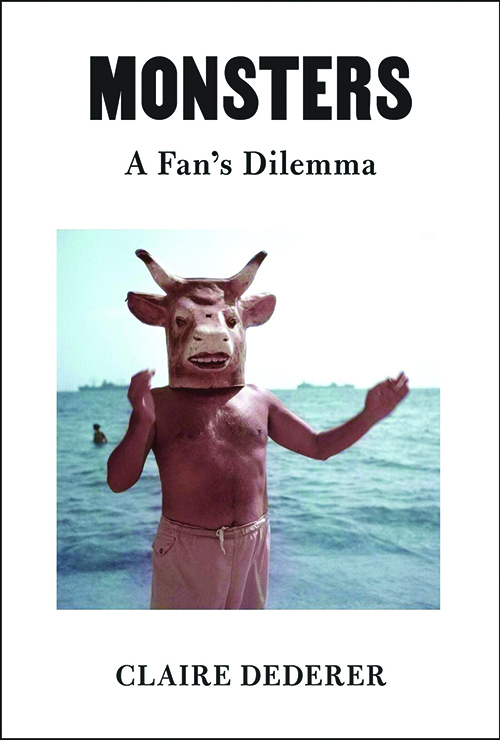Chadwick Stokes plays party at Rex
Matt Wilhelm was elected to the New Hampshire House of Representatives in 2018, and became House Democratic Leader after last year’s midterms. Wilhelm’s first campaign, however, was centered on culture. In 2015 he led what turned out to be an unsuccessful effort to reopen Manchester’s Rex Theatre as Old Sol Music Hall.
He doesn’t regret failing; it launched him in politics. “It got my vision out there; I was able to connect with members of the community,” he said recently. “They understood what my values were and were willing to stick with me.” The Palace Theatre would ultimately buy the venue, and the renovated Rex held its first show in October 2019.
Wilhelm is happily throwing a birthday party at the Rex on May 18. It’s a fundraiser for Strong Circle PAC, which supports House Democrats in their efforts to retake the State House next year. Chadwick Stokes, of the activist bands Dispatch and State Radio, will perform a solo set at the soiree.
Wilhelm and Stokes are friends and colleagues. They met at UNH on Election Day in 2001, after Dispatch featured at a show there. A year later, the group began its first U.S. tour. Wilhelm, then a sophomore at Plymouth State, joined as an intern.
“Their career had kind of skyrocketed over the course of that last year,” Wilhelm said. “This was a real DIY band, a grassroots, word-of-mouth, Napster-driven, independent success story.” He did marketing, street team work, and some videography for Under the Radar, a DVD released in 2002.
This marked the beginning of a decade-and-a-half career in the music industry. Along with managing tours, lighting and concert merch, he co-directed Calling All Crows, a nonprofit organization named after a State Radio song. This felt a lot like community organizing to Wilhelm, providing a foundation for leading his party in the House.
“I’m a cultivator of that community … saying, here are our priorities, here’s how we rally around them, and here’s how we make progress on the issues that we care about,” he said. “In a lot of ways, it set me up for Old Sol, then set me up to launch a campaign.”
Wilhelm grew up listening to his parents’ Crosby, Stills, Nash & Young records and continues to believe in music’s power to affect change. “There’s a lot of folks that will say that was done in the ’60s, that music and activism went away,” he said, “but it’s pretty clear it didn’t.”
Stokes is proof of this sentiment; his music and politics are intertwined. That’s why he’s doing the benefit.
“As a musician, I want to use the platform I have most effectively to help people like Matt do the real nuts and bolts of policy change and legislation,” he wrote in an email. “My music is political like Matt’s politics are musical.”
The Rex set will likely range across Stokes’ career.
“I’ll probably be playing a lot of solo stuff, like ‘Chaska’ and ‘Pine Needle Tea’ and then a smattering of State Radio and Dispatch, and hopefully some new ones,” he wrote. He also expects to unveil one or two songs from a rock opera he’s working on, tentatively titled American Refugee.
Wilhelm is pleased to be mounting a show at the venue he once hoped to turn into an arts hub. “It’s exciting, and in so many ways a long time coming, having Chad here in Manchester at the Rex,” he said. “The campaign wasn’t initially successful, but a bunch of different partners came together, including the mayor and the Palace, and made it a reality. Now I’m working on political campaigns, and so it’s kind of fun to bring it all together.”
There will be birthday cupcakes and a cash bar at Wilhelm’s birthday bash, and benefactor packages are available. Wilhelm approaches the evening buoyed by the energy he saw from Gen Z and millennial voters last November.
“I’m more hopeful knowing that there are young people coming of age right now who aren’t willing to accept the status quo and will be pushing for progress in all sorts of different ways,” he said. “I think this next generation isn’t going to let us … rest on our laurels.”
Matt Wilhelm’s 41st Birthday with Chadwick Stokes
When: Thursday, May 18, 7 p.m.
Where: The Rex Theatre, 23 Amherst St., Manchester
Tickets: $50 and up at bit.ly/518concert
Featured photo: Chadwick Stokes. Courtesy photo.






